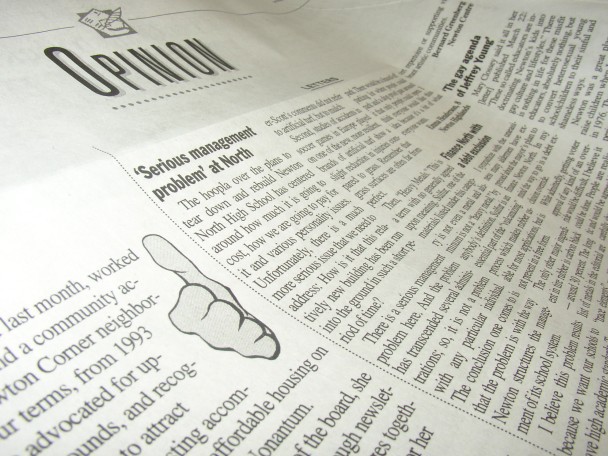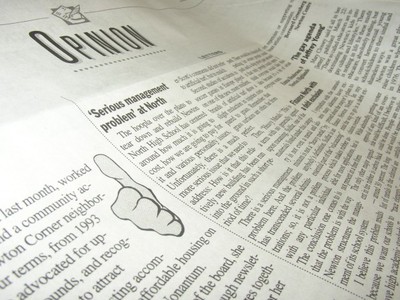

A new court brief filed in the case of “Black Friday” defendant Brent Beckley, the man in charge of payment processing systems at Absolute Poker, finds Department of Justice attorneys arguing for leniency for Beckley in the face of a possible upward departure in sentencing asked for by the case’s presiding judge.
In the brief, filed on Tuesday, July 3, Arlo Devlin-Brown, writing on behalf of DOJ lead attorney Preet Bharara, argues that several mitigating factors working in Beckley’s favor mean that he should not be sentenced to a term longer than the 12-18 months called for under general sentencing guidelines.
Presiding federal judge Lewis A. Kaplan had recommended a possible longer sentence for Beckley based on the scope of Absolute Poker’s operations, in which hundreds of millions of dollars were transferred to and from US online poker players by methods deemed fraudulent to the intent of the American banking system’s regulations.
However, Devlin-Brown, in Beckley’s defense, admitted to the court that the “money laundering guideline likewise does not vary based on the gambling operation’s size because, where 'the defendant committed the underlying offense,’ the guideline is based on the fixed gambling offense level… rather than the amount of funds at issue.”
Devlin-Brown also noted, “The existence of a bank/wire fraud charge, grouped with the gambling offense, similary has no effect on the Guidelines. There is no evidence that Beckley intended to cause ultimate financial losses to banks, and no banks have identified for the Government actual losses attributable to Absolute Poker processing.”
Among other specifics, Beckly admitted directing credit card payments being sent to Absolute Poker to be processed without the special “7995” code that was to be used to flag gambling-related transactions, thereby depriving US banks the opportunity to block such transactions if they wished.
Beckley’s willful cooperation with US authorities also factored into the DOJ’s recommendation for sentencing leniency, with this brief also confirming details about some of Beckley’s Black Friday co-defendants.
Devlin-Brown wrote that Beckley was the first to turn himself in to US authorities, by “significant margin,” and only two of the other six Black Friday defendants arraigned to date also surrendered voluntarily—Ryan Lang and Ray Bitar.
Devlin-Brown also conceded that the potential extradition of Beckley from Costa Rica would have been a difficult matter. This was contrasted with the case of payment processor Ira Rubin, who was “found hiding in Guatemala.”
Beckley also pled guilty to the charges and acknowledged the possibility of jail time without filing motions challenging the indictment or waiting for the outcome of motions filed by other Black Friday defendants.
Devlin-Brown also cast aspersions over the online poker industry’s defense of circumventing US banking laws, using his own support of lenient treatment for Beckley as a slam against offshore, US-facing sites.
Wrote Devlin-Brown, “Unlike some in the industry (including co-defendants and otherwise), Beckley has never disputed that lying to banks about what payments are for is wrong, or that the underlying gambling business is illegal. Rather than offer tortured explanations for such conduct (or simply trying to evade capture), Beckley simply owned up to it. Returning to the United States for this purpose, knowing that he faced the prospect of prison, suggests that Beckley seeks to draw a line under the past, accept the punishment that comes with it, and move on with his life.”
A separate sealed document in the case likely contains the formal plea from Beckley’s attorneys to Bharara’s office to support the sentencing guidelines previously agreed upon, in light of Judge Kaplan’s possible upward departure. Kaplan has yet to offer an opinion on these latest briefs, and Beckley’s sentencing is scheduled for later this year.
Absolute Poker and UB, together comprising the Cereus Poker Network, were two of four poker sites named in the original Black Friday indictment. As with Full Tilt, US players have not been able to withdraw funds since April 15, 2011. Although some small non-US withdrawals were subsequently processed, the majority of non-US players also remain unpaid.
A deal was struck in May 2011 with the US DOJ that would “facilitate the return of US players’ funds,” but no withdrawals have been processed to date. It is unknown exactly how much money players are owed, but it expected to be tens of millions of dollars. According to an article on Subject: Poker published in June 2011, citing an anonymous source, Cereus owed $54m to all players, and only had $5m-6m in cash.
In October 2011, a “potential solution” was prepared by Absolute Poker and Ultimate Bet parent company Blance Games to liquidate the business to repay players, although there has been no further progress in the last nine months.
Update: Soon after publication three additional paragraphs were added to the end of the article to provide further context.

